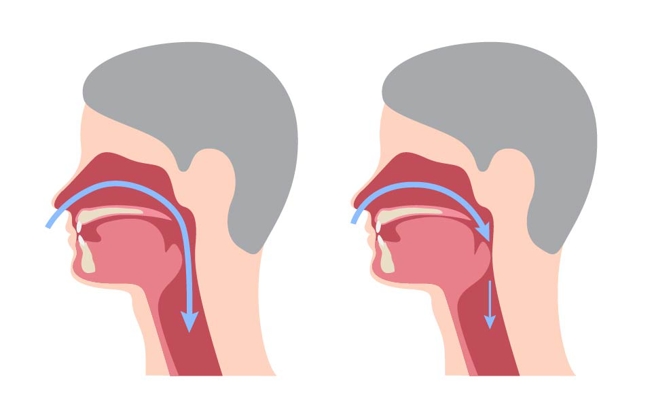Brain Cancer Facts You Didn't Know
- Category: Cancer, Oncology, Parrish Cancer Center
- Posted On:
- Written By: Parrish Healthcare
.jpg)
Learning that you or a loved one have been diagnosed with brain cancer is a scary and stressful situation. Along with consulting your doctor, learning as much as possible about this disease can help you make an educated decision on picking the best treatment for you. To provide you with the most comprehensive information possible, it is useful, to begin with understanding the most common types of brain cancers, potential risk factors, various symptoms, and prevention methods.
Most Common Types of Brain Cancers
Brain cancers start with the development of a benign or malignant tumor. Each can lead to a different course in treatment. Benign tumors do not have cancer cells and rarely progress to the surrounding tissues. With a malignant tumor, cancer can spread aggressively. The most common types of brain tumors are:
- Metastatic - secondary brain tumors that occur when cancer from another part of the body spreads to the brain.
- Meningioma - a slow-growing and typically benign tumor that forms in membranes that line the skull and vertebral canal.
- Glioblastoma - Aggressive malignant tumors that originate in the brain.
- Astrocytoma - This type of tumor originates in the cerebrum, the most significant part of the brain, and can cause seizures. It does not usually spread and affect other organs, however, it’s aggressiveness varies.
Risk Factors
While the cause of a brain tumor is typically unknown, several factors can increase a person's risk of developing one. These may include age, gender, family history, and exposure. Children, older adults, and women are more likely to develop a brain tumor. Those regularly exposed to solvents, radiation, oil products, pesticides, rubber, and electromagnetic fields may also be at an increased risk, as are those who've been exposed to Epstein-Barr virus and cytomegalovirus.
Symptoms
General symptoms that may point to a brain tumor may include:
- Consistent headaches
- Seizures
- Changes in sensory perception
- Personality or memory changes
- Fatigue
- Nausea
- Vomiting
- Trouble with memory
- Sleep problems
Prevention Methods
There is no way to completely prevent any type of cancer. However, you can reduce your risk of brain cancer by avoiding exposure to carcinogens, pesticides, radiation, and quit smoking.
Understanding brain cancer can help you in navigating your journey after receiving a diagnosis. Practicing healthy habits and seeking treatment immediately if you experience any of the symptoms mentioned above is the best way to improve your prognosis and take control of your life. Contact the Parrish Cancer Center to set up an appointment today at 321-529-6202. Our highly skilled oncologists and cancer care team are here to answer all of your questions and ease your concerns.



